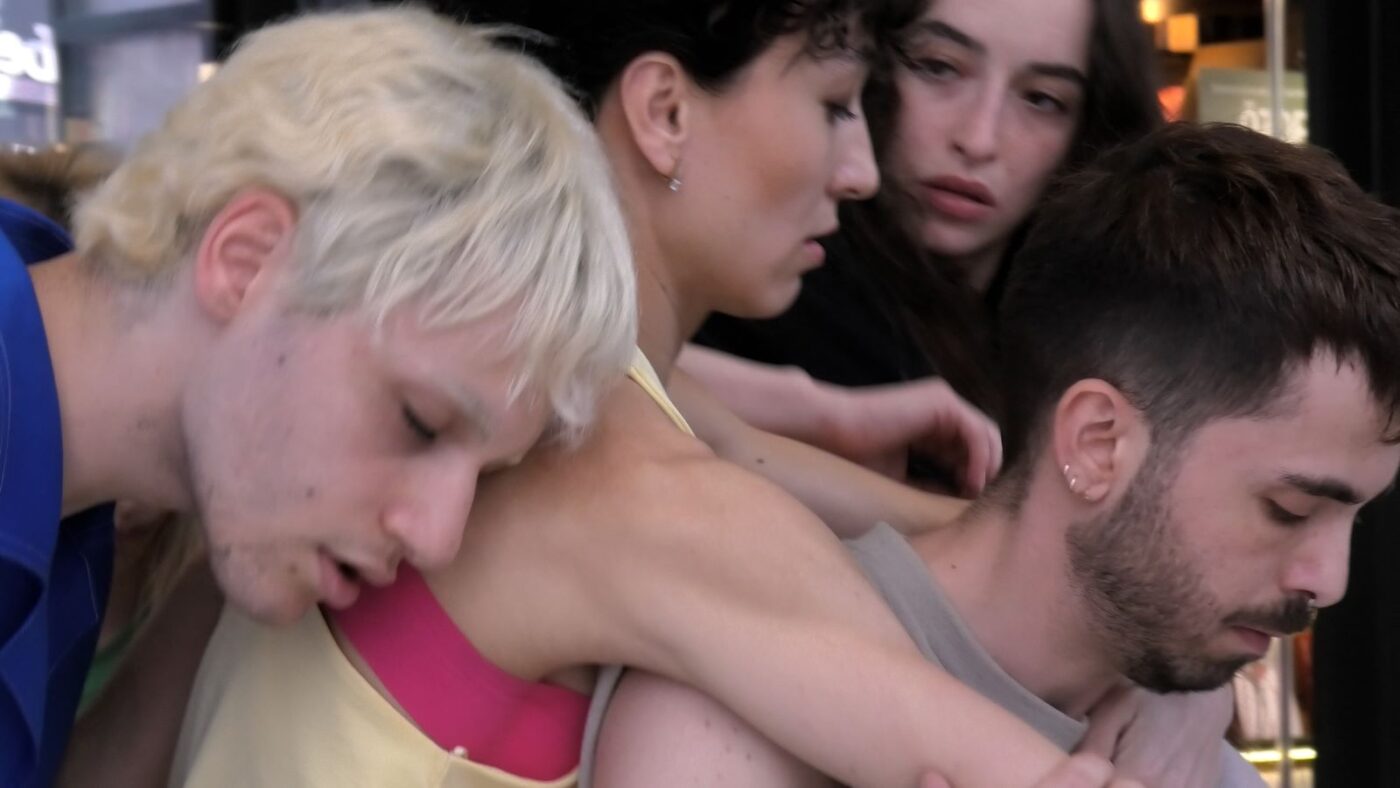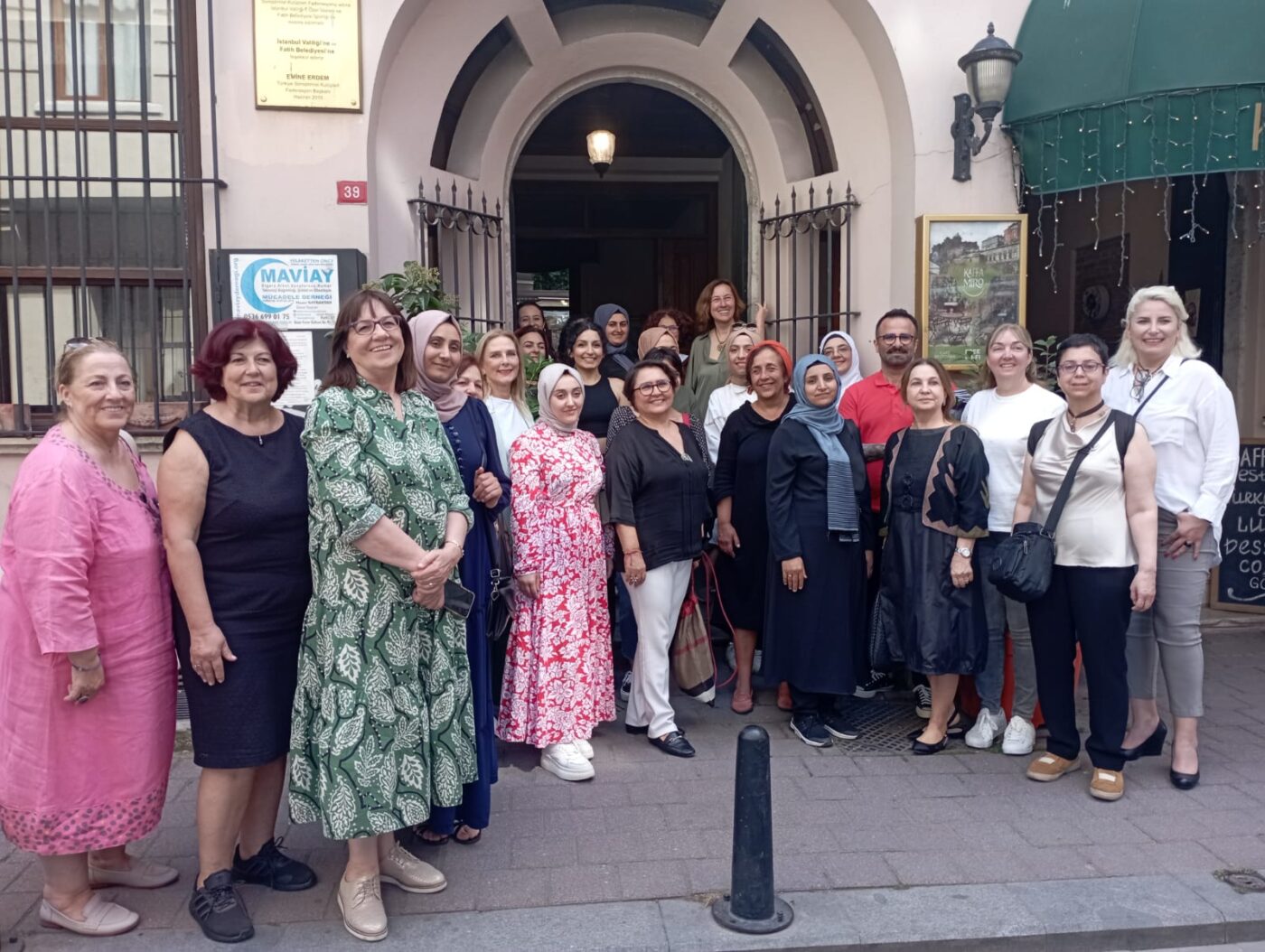Partner
Yalan Dünya Films Ltd.
Social Media
Contact

City Rationale
The Bosphorus is mentioned in Homer’s Odyssey as the location for the Wandering Rocks. This episode is the central section of Joyce’s 19 mini-episodes and is written from a different point of view, a different interior monologue, as it moves from person to person. Church and state are strongly represented, the twin dangers which all must skirt in Joyce’s view. Istanbul, sitting on the Bosphorus, is the intersection of east and west, of two continents and fulcrum of development between western and eastern civilisations in its evolution through the history of Byzantium, Constantinople and modern Istanbul. Symbolically it is perfect for the celebration of this episode. Part of the project will also be presented in Leeuwarden, Friesland in the programme of Noorderlicht (Episode 13). Istanbul’s contemporary European theme of coexistence gains a new perspective when presented alongside Episode 13’s theme of sexual and gender identity.
Ulysses Episode
In this episode, nineteen short vignettes depict the wanderings of various characters, major and minor, through the streets of Dublin. Included among these is a brief scene between Mulligan and Haines at a coffeehouse patronized by the chess-playing brother of Irish hero Charles Stewart Parnell, in which Haines and Mulligan discuss Stephen’s predicament. The scene is a type of ekphrasis in that Mulligan’s pronouncements, that the Catholic education system “drove [Stephen’s] wits astray” and that Stephen “will never capture the Attic note,” point to a central tension in the novel between contemplation and action, a tension best summarized elsewhere in Matthew Arnold’s essay Hebraism and Hellenism, which Joyce read and enjoyed. The episode ends with an account of the cavalcade of the Lord Lieutenant of Ireland, William Ward, Earl of Dudley, through the streets, which is encountered by various characters from the novel.
Homer Odyssey Chapter
Book 12: Parallels with Homer’s Odyssey are especially clear in this chapter. In Homer, Circe told Odysseus that to return home he must sail either through the large, moving (“wandering”) rocks or else he must pass between Scylla and Charybdis. Because only the mythological Jason of the Argonauts had succeeded in negotiating the rocks, Odysseus chose to battle Charybdis, the whirlpool, and Scylla, the six-headed monster. Joyce, however, is having fun at the reader’s expense in this chapter because, to read Ulysses, the reader must pass through both the treacherous rocks and the labyrinth of the National Library, with Stephen’s complex intellectual expositions at its center. Also, in Homer, the wandering rocks were probably based on optical illusions, and Joyce has correspondingly filled his rendition of the myth with “false clues” and deliberately misleading language. He seems to be saying to the reader: “You’ve come through nine episodes, and you think that you really know Dublin — and my writing methods. Beware: you are being over-confident; Dublin and my writing methods are neither simple nor easily grasped.”
Public Events
Public Symposium
Artists’ Exchange
This project strand offered short residency opportunities in partner cities for 30 emerging artists as part of the legacy of this pan-European project.
Each city partner sent two artists on a residency to another partner’s city of a different art form, thereby seeking to enrich their professional practice through inter-disciplinary residencies. Artists were chosen on the basis of having demonstrated an interest in the hosting city’s Arts & Society contemporary European theme. They had to also practice a different art form from that of the hosting city’s public event. The project offered the emerging artists the opportunity to travel without the pressure to produce work and ideally to experience UEO’s public events.

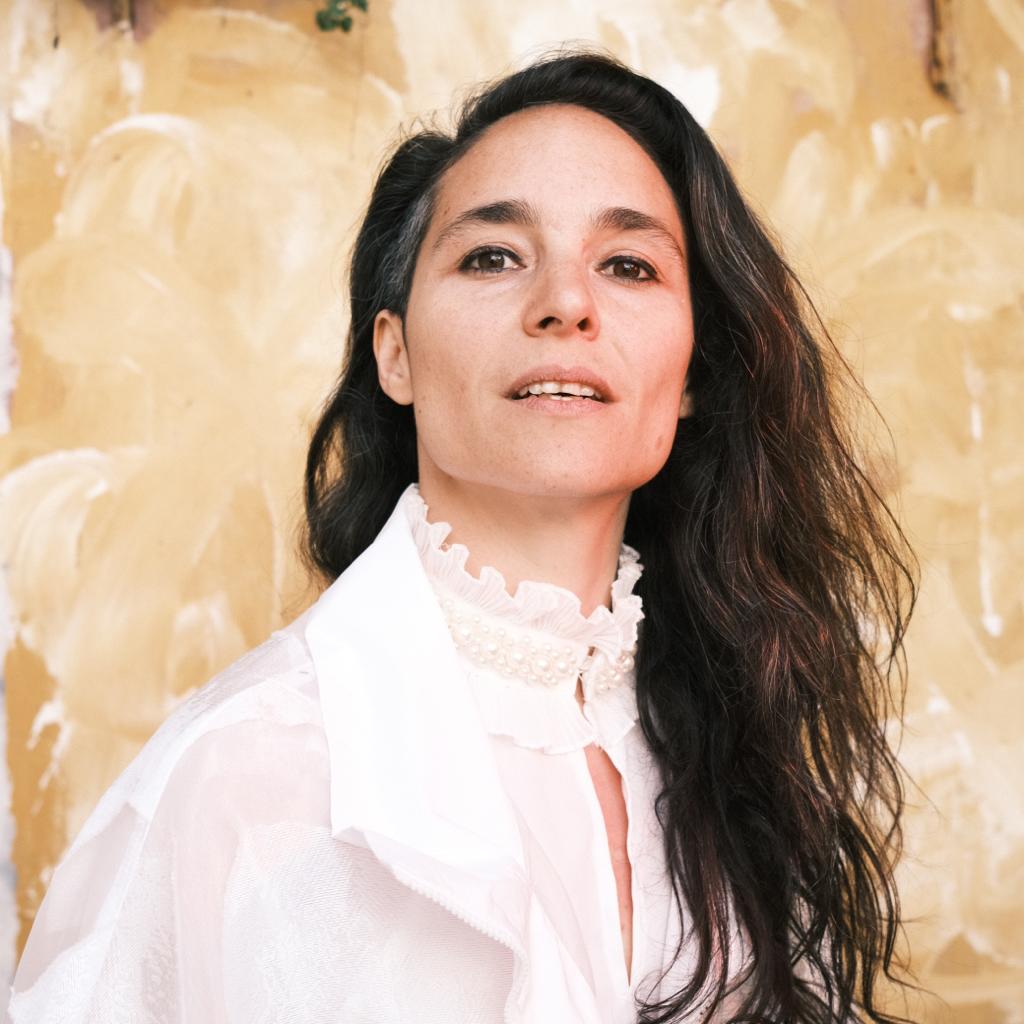
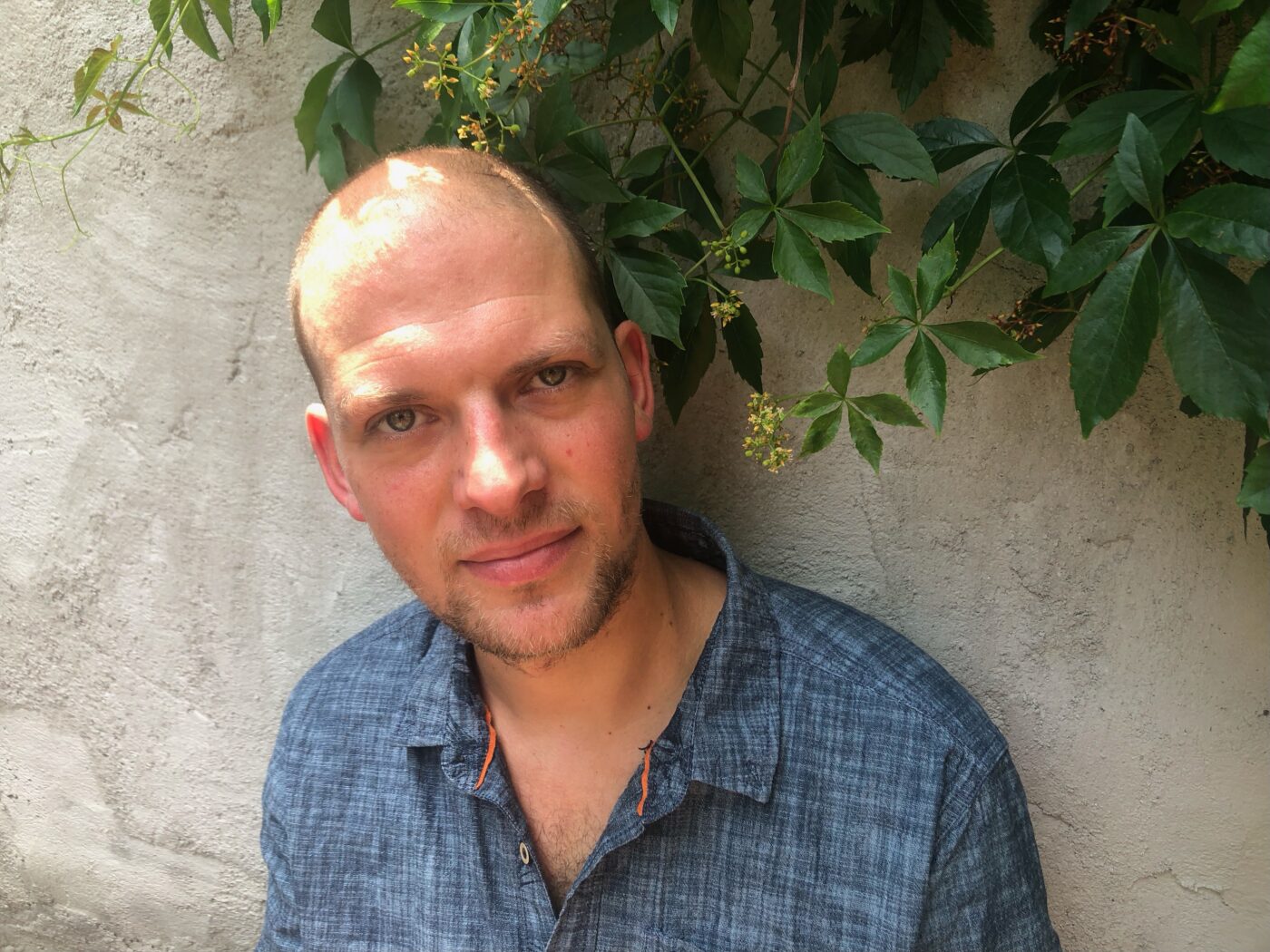
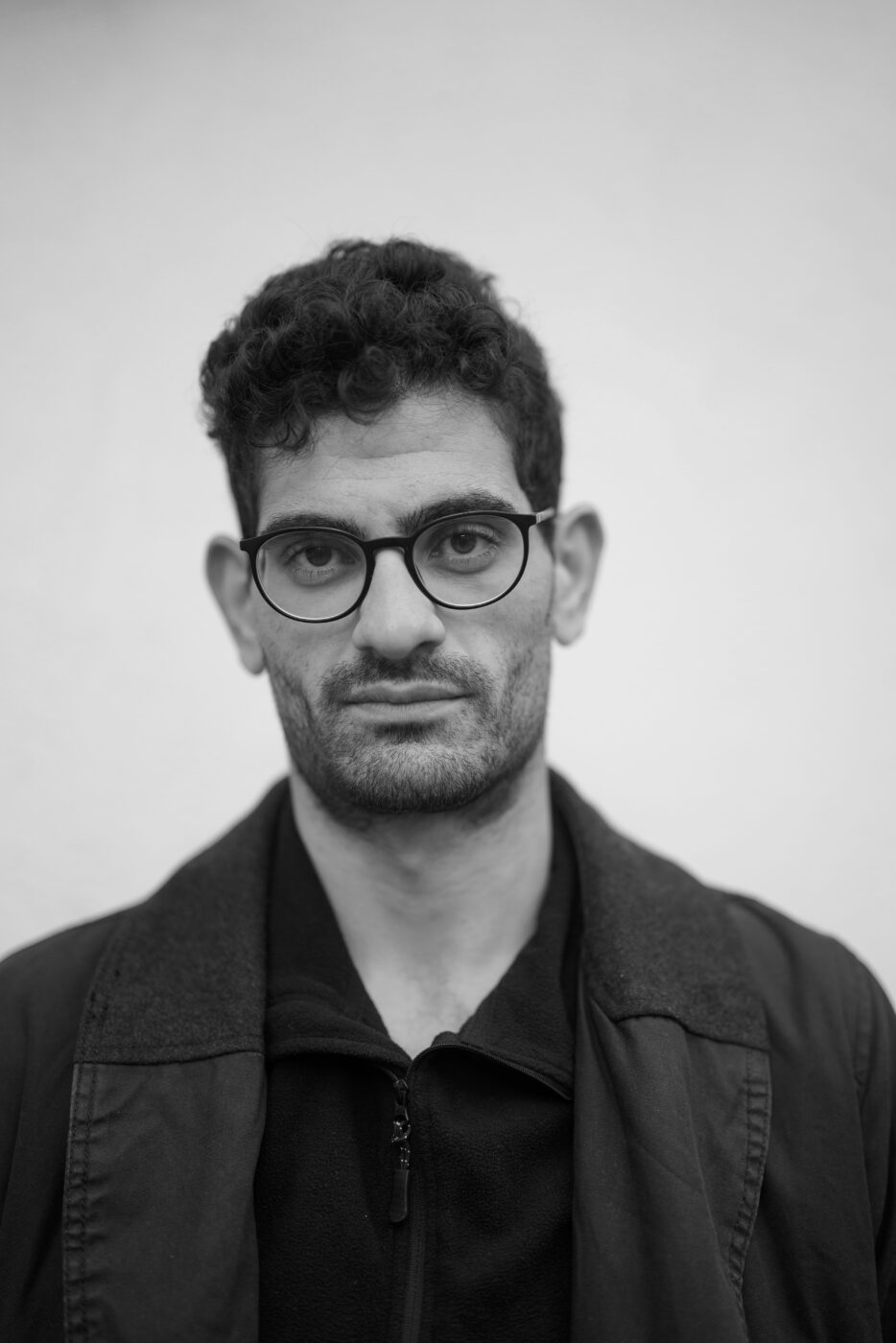

Book
Marketing Materials
The events in Istanbul were proceeded by a social media campaign and teaser shorts, some of which are included here.
News & updates
Press
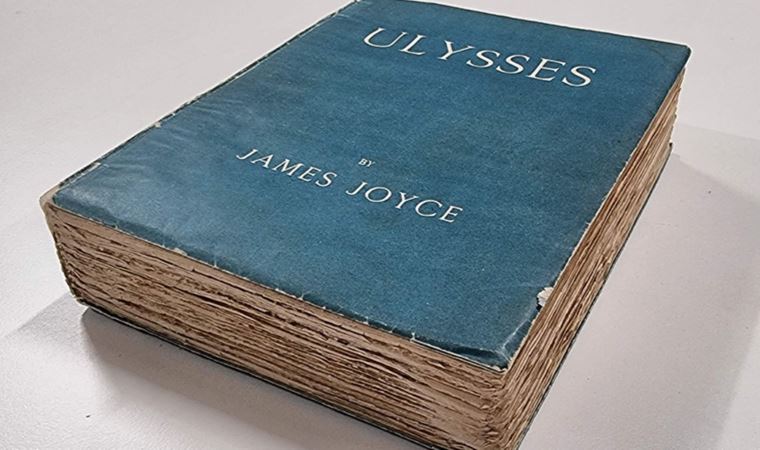
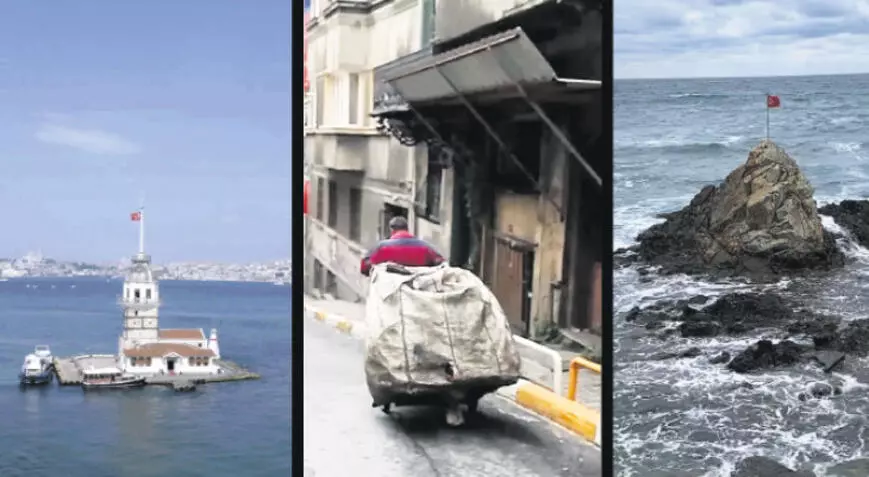
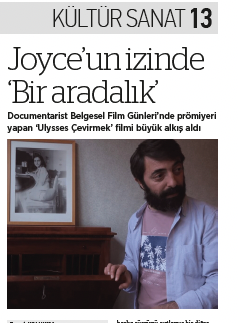
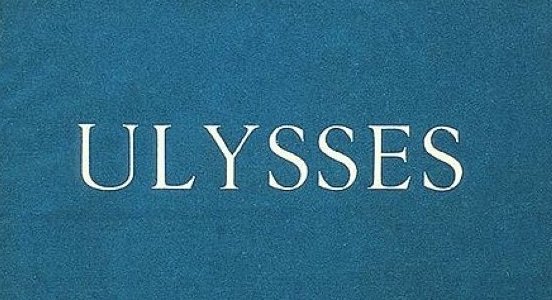
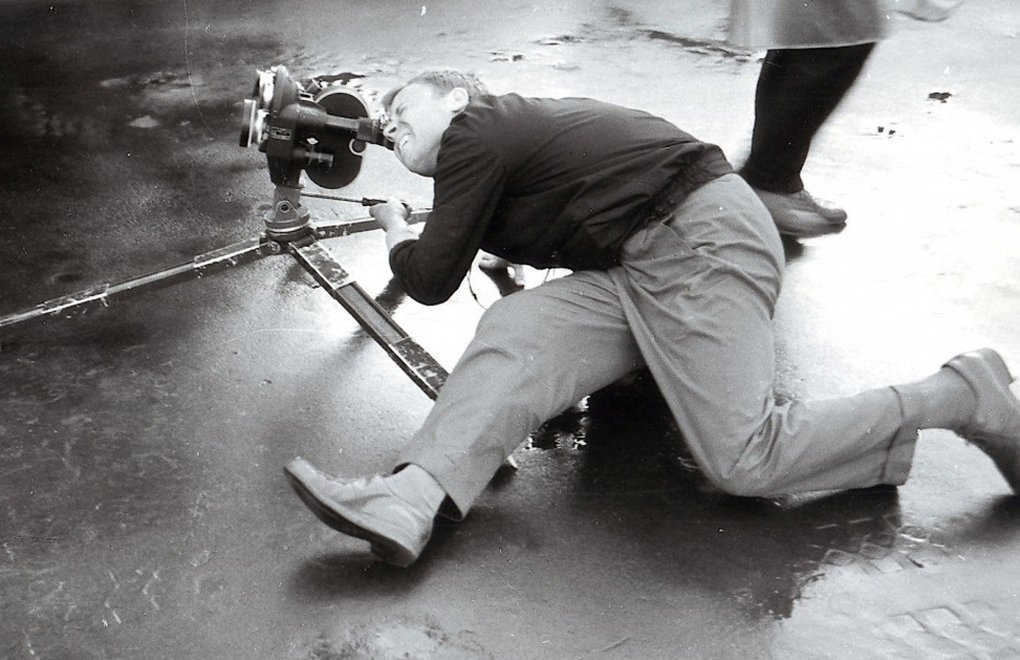
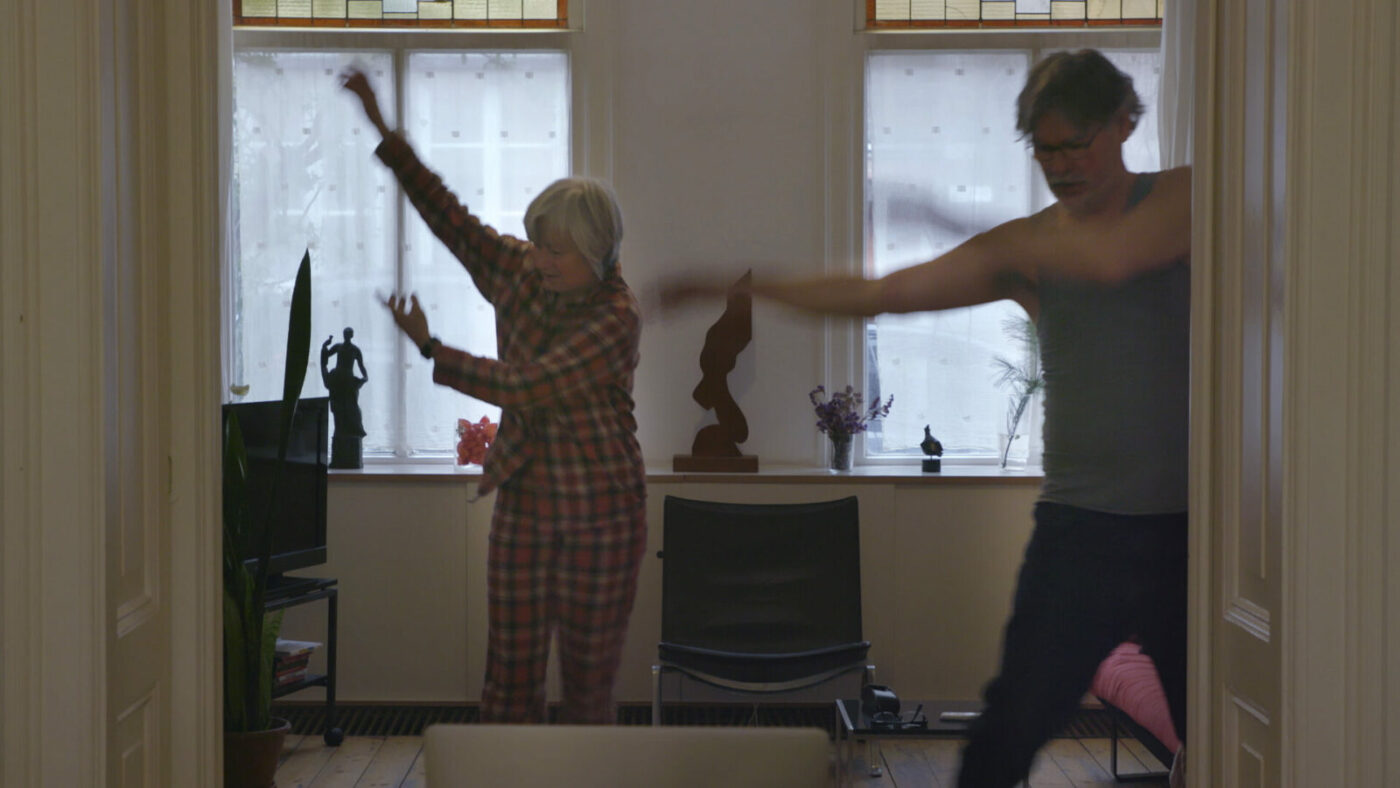

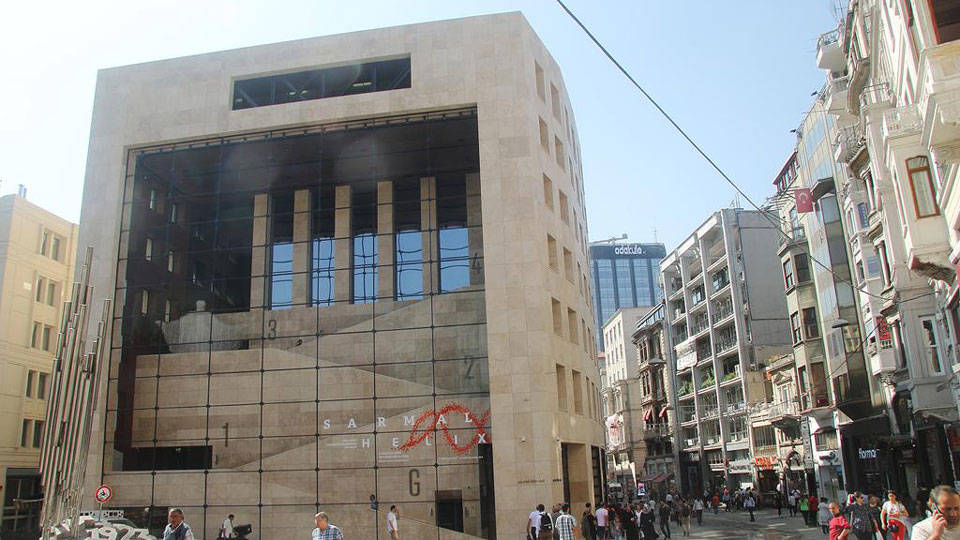
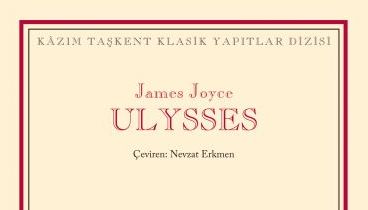
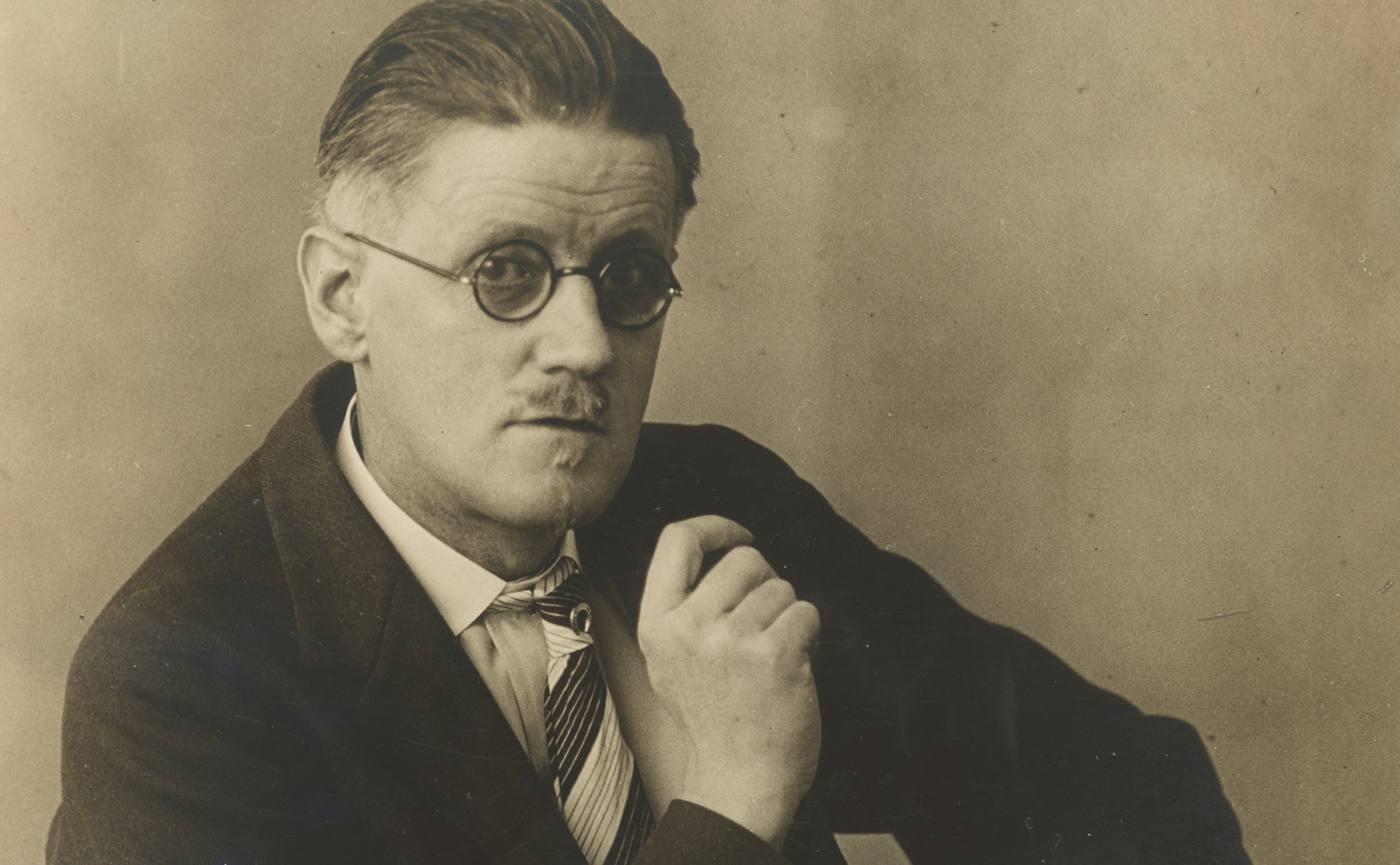


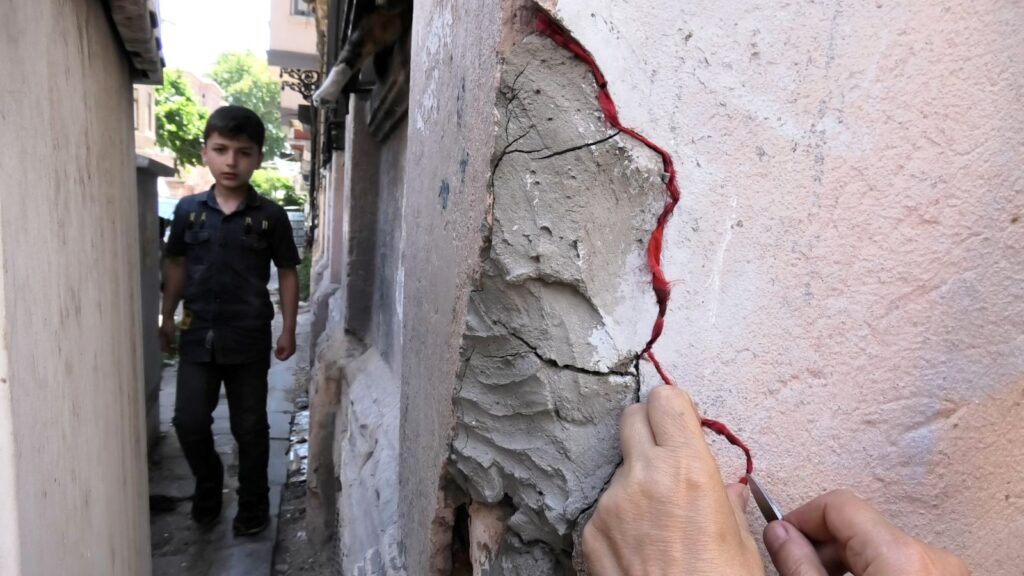

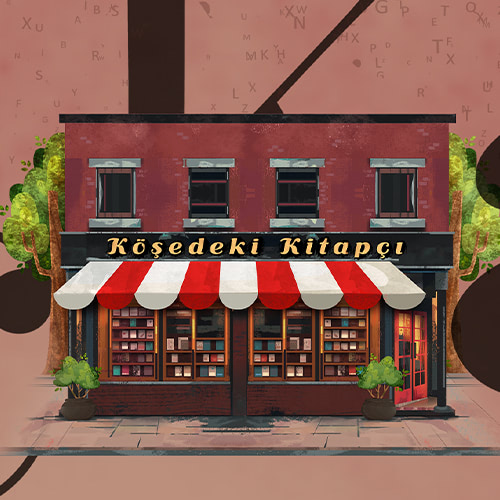




Partner description
Yalan Dünya Films Ltd, established in 2002, is an avant-garde contemporary art and film production company. Some of the contemporary art video installation works have been widely exhibited in prominent international museums and one of the works titled ‘Küba’ received the ‘Carnegie Prize’.
Yalan Dünya produced many award winning feature films, some of which were co-produced with EU countries, and documentaries in addition to a political satire series for Fox Turkey.
Yalan Dünya Films acts as a hub for emerging artists and directors both national and international while acting as a film curating body for European Films, organising film screening days and events in under-privileged areas and cultural institutions. It also consults and supports grassroots film festivals in Turkey.
Gülen Güler, with a backround in Education and Sociology established “Yalan Dünya Films’ in 2002 after working in the area of education in various capacities for many years. She produced various contemporary art video installation works, which have been widely exhibited in prominent international museums and one of the works titled ‘ Küba’ received the ‘Carnegie Prize’. She produced many award winning feature films and documentaries, some of which were co-produced with EU countries, in addition to a political satire series for TV channels. Her company acts as a hub for emerging artists and directors both national and international while giving service as a film curating body for European Films, organizing film screening days and film events in under-privileged areas and cultural institutions. She also consults and supports grassroots film festivals and cultural events in Turkey.



